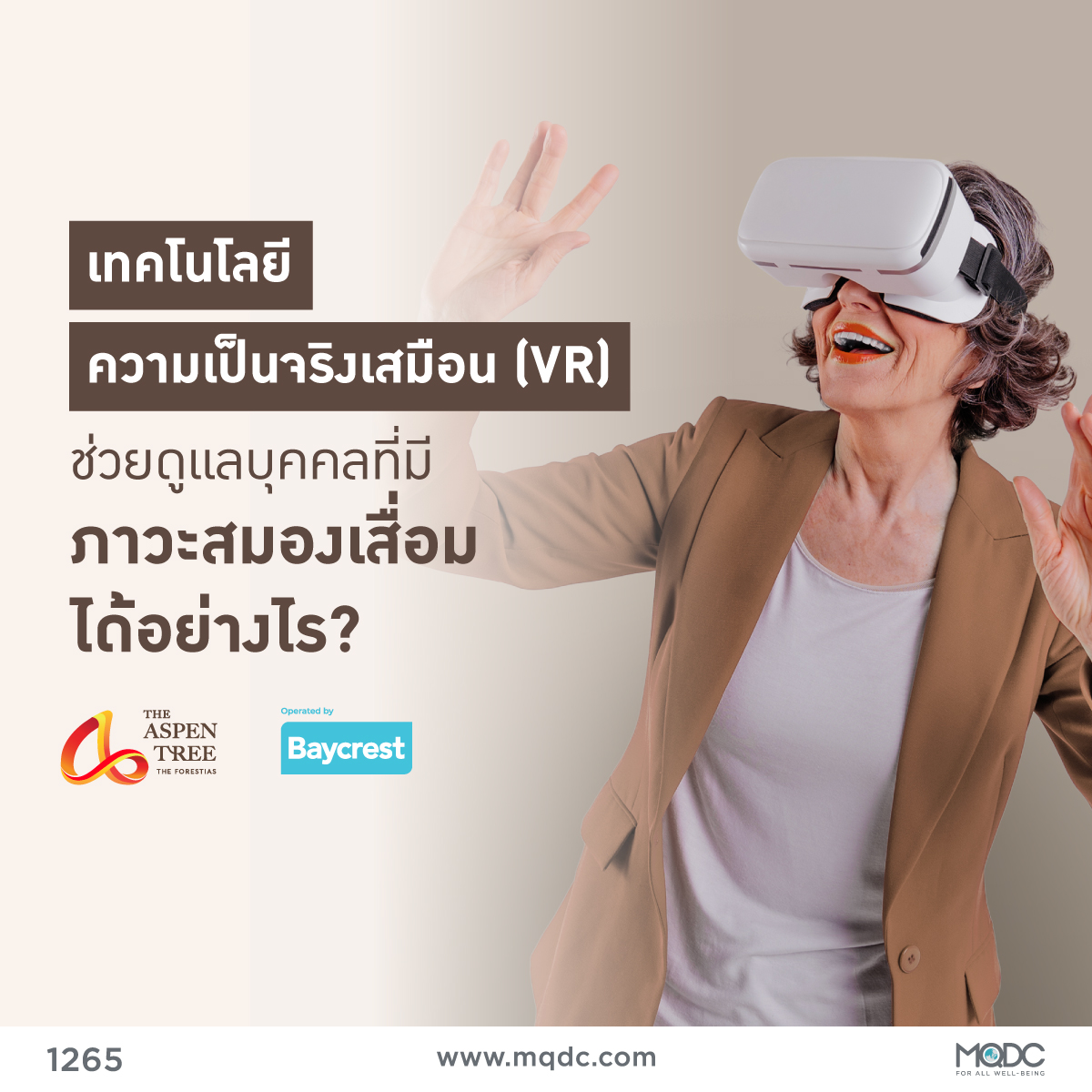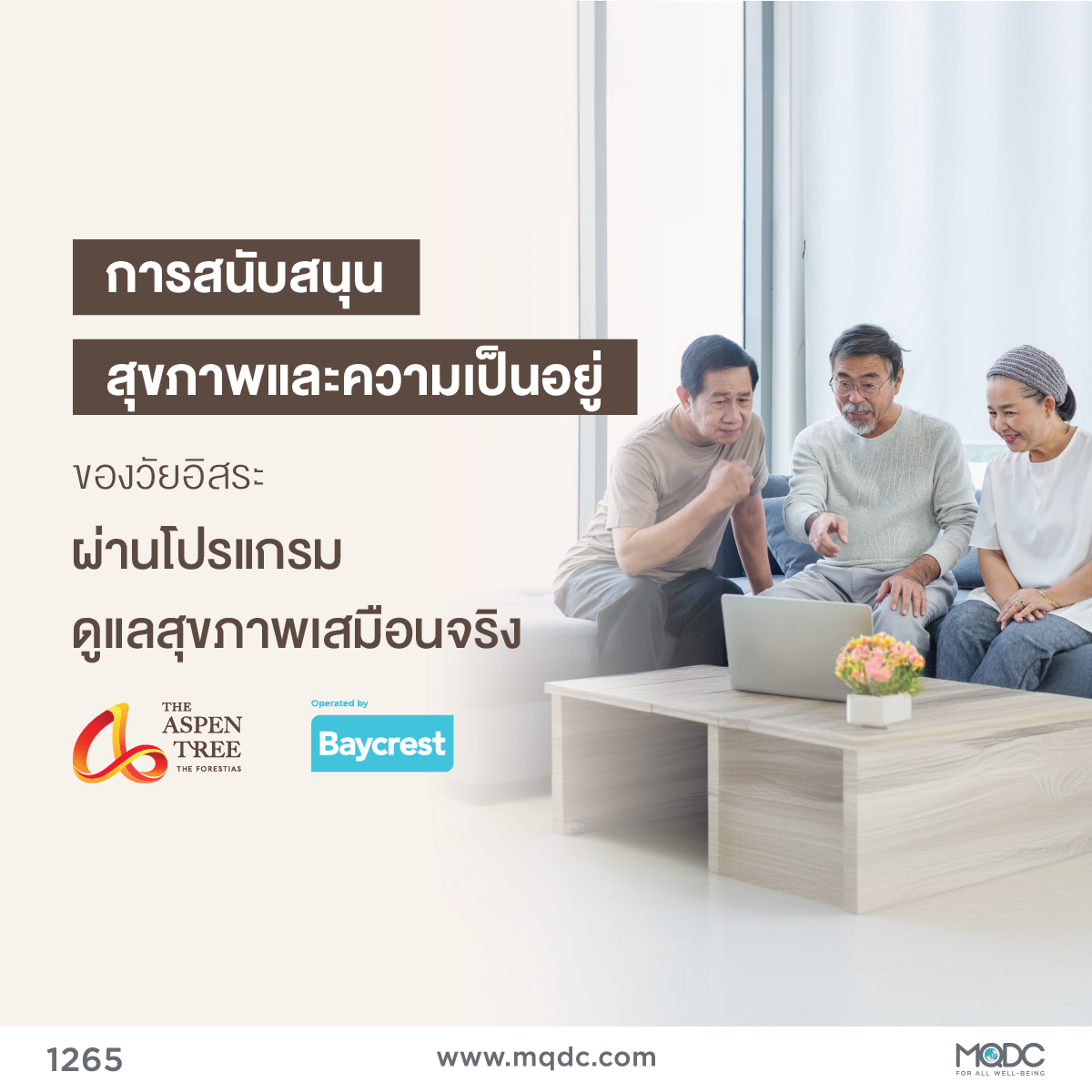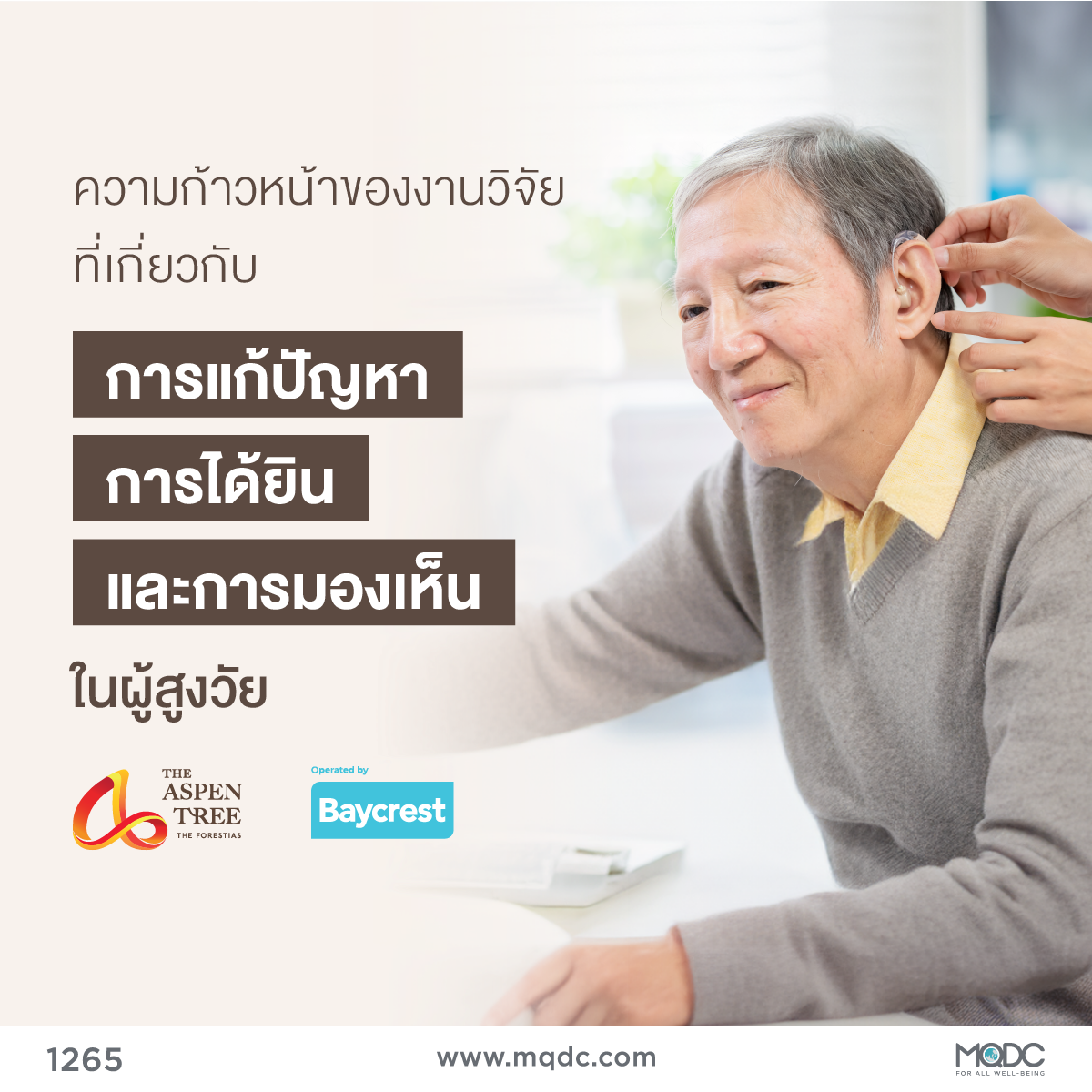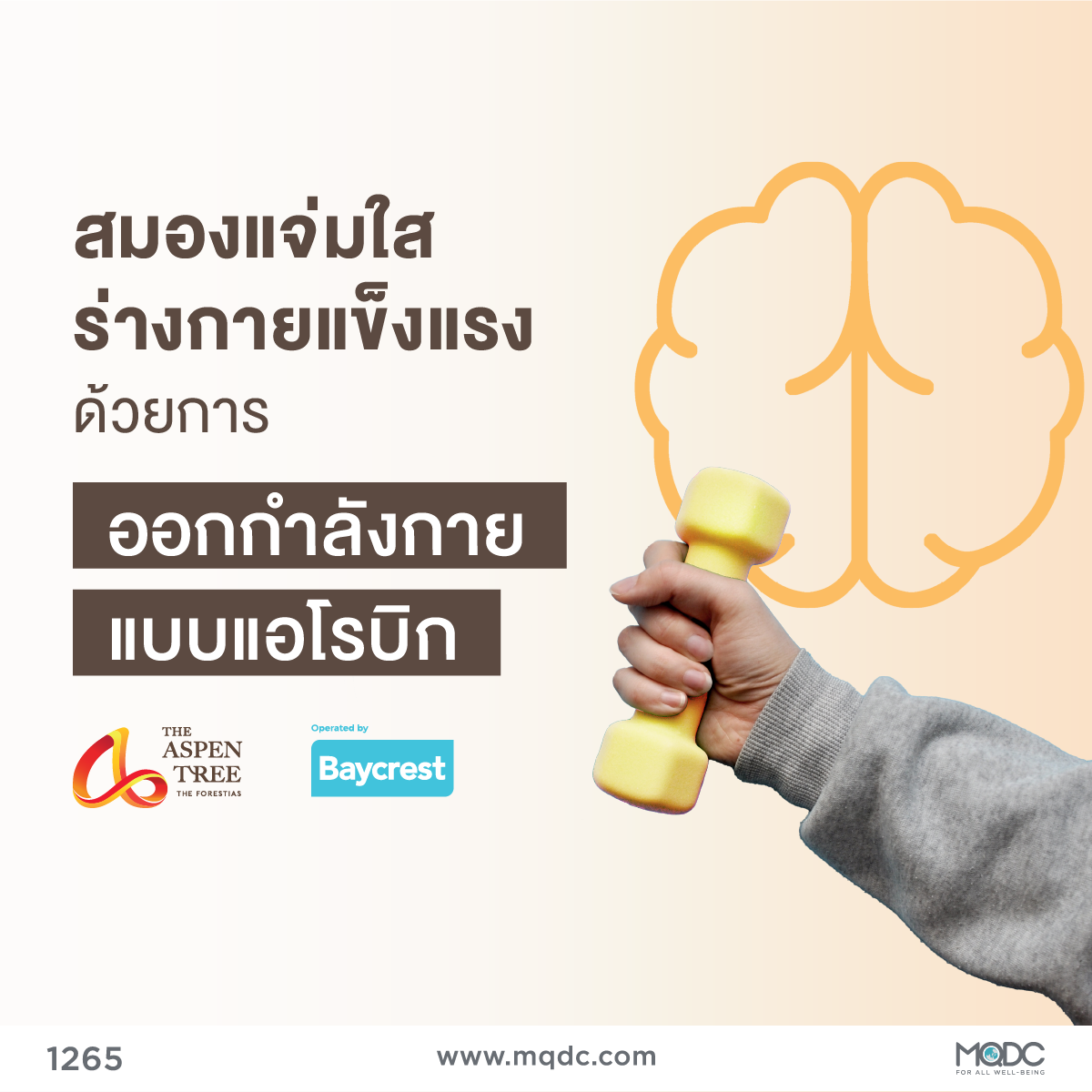Managing dementia can be challenging, and people living with this disease often experience difficulties interacting with their physical and social environments. Even at a very early stage, people living with dementia may notice their ability to communicate and engage with others becomes impaired. This often leads them to withdraw from daily life and those around them. As well, older adults living with dementia may become agitated and even aggressive, sometimes in response to small occurrences, such as a sudden loud noise.
While medication can be effective in managing some dementia symptoms, Baycrest's Transitional Behavioural Support Unit (TBSU) team also uses alternative strategies to help manage a resident's agitation and aggression while enhancing their quality of life. One approach is to engage individuals through leisure and recreational programs that encourage them to rediscover hobbies and activities that give them joy, provide meaningful experiences and evoke positive memories for them, as well as their loved ones. Activities are intentionally chosen by Baycrest's recreation therapists to reflect a resident's unique life story and provide them with the opportunity to explore and enjoy their interests. The goal is to allow residents to reclaim a sense of purpose and fulfillment, reduce their urge to withdraw socially and mitigate their responsive behavior.
Using VR to Reduce Anxiety and Aggression in People with Dementia
With the support of the Baycrest Innovation Office (BIO), Mara Swartz, the recreation therapist in the TBSU, introduced virtual reality as an innovative tool to use with residents during the pandemic. Virtual reality technology enables a person to interact with an artificial three-dimensional visual and auditory environment. While this technology is not new, its application in the long-term care sector, and particularly within the dementia space, is quite novel, and experts at Baycrest have developed protocols and processes to safely use virtual reality with older adults exhibiting behavioral issues.
First, the recreation therapist gets to know the resident and their life story, often from family members and friends.
For example, one resident spent many years as a pilot and greatly enjoyed - and missed - flying. On the clinical side, dementia had reduced the resident's ability to communicate, and their behavioral symptoms included wandering. The idea of using virtual reality was introduced as a possible solution to reduce the resident's desire to pace and wander while also providing an opportunity to "fly" again. The resident's response was significant: for the duration of the virtual reality session, the resident became engaged and began gesturing and responding to what they were seeing in the virtual reality headset.
Another resident struggled with behavior that included physical aggression. To help them relax, and with the knowledge they enjoyed adventure, a recreation therapist curated virtual reality sessions around activities from the resident's past, including scuba diving. The opportunity to relive that experience, in addition to changes in medications, resulted in the resident becoming more verbal and expressive, and less agitated.
Baycrest's Expansion of VR Technology
The response to virtual reality in the TBSU has been overwhelmingly positive, with a wide range of opportunities and therapeutic applications that have yet to be explored. Teams across Baycrest are continuously collecting and analyzing resident experiences with virtual reality for the purpose of updating and improving Baycrest's programming, and to explore research opportunities to contribute to evidence-based practices and knowledge. In the meantime, BIO is eager to share lessons learned with long-term care institutions and other organizations and communities interested in adopting virtual reality as a possible solution for their own clients.
The Aspen Tree at The Forestias Operated by Baycrest Enhances Technology for the Health of Older Adults
Your health matters and The Aspen Tree at The Forestias aims to give you the best living experience at 50+. By looking after your physical and mental health, including social relationships, the community lets you live the life you want so you’re happy the way you choose.
This concept inspires The Aspen Tree at The Forestias, designed and developed with research leaders and Canada’s world-leading Baycrest Crest to meet every need of older adults. You can live in a multigeneration community in The Forestias with comprehensive health and care (Holistic Lifetime Care). Full facilities and the Health & Wellness program enhance your lifestyle with activities such as yoga, swimming, singing, playing music, meditation, outdoor activities, hydrotherapy, and much more to keep your body, mind, and brain in great shape.
The Aspen Tree at The Forestias also has a Health & Brain Center to safeguard your health and wellness. The center’s experts can delay the onset of dementia and provide care to overcome brain and memory problems. A team of healthcare specialists is on hand 24 hours a day to keep you safe and well in every aspect.
Live free from cares in the free time of live... Let’s find the perfect life together.
Find out more CLICK https://mqdc.com/aspentree
Call 1265
LINE OA: @TheAspenTree or CLICK https://mqdc.link/3Emhkde
Source:
http://baycrest.uberflip.com/baycrest/brainmatters-spring-2023









